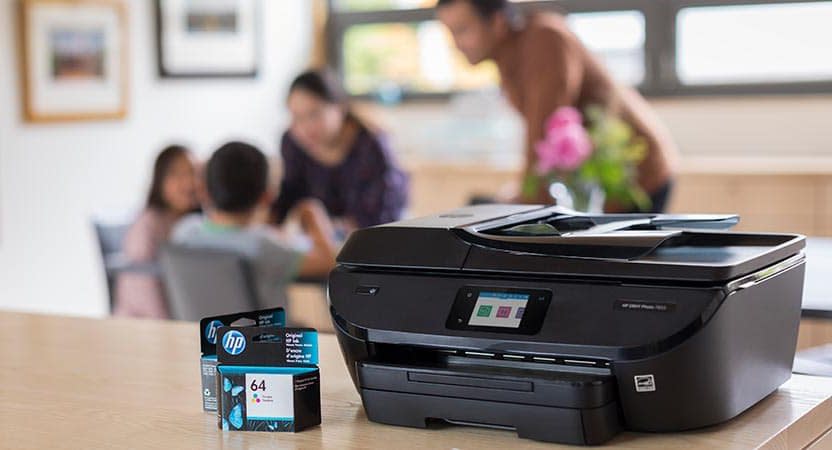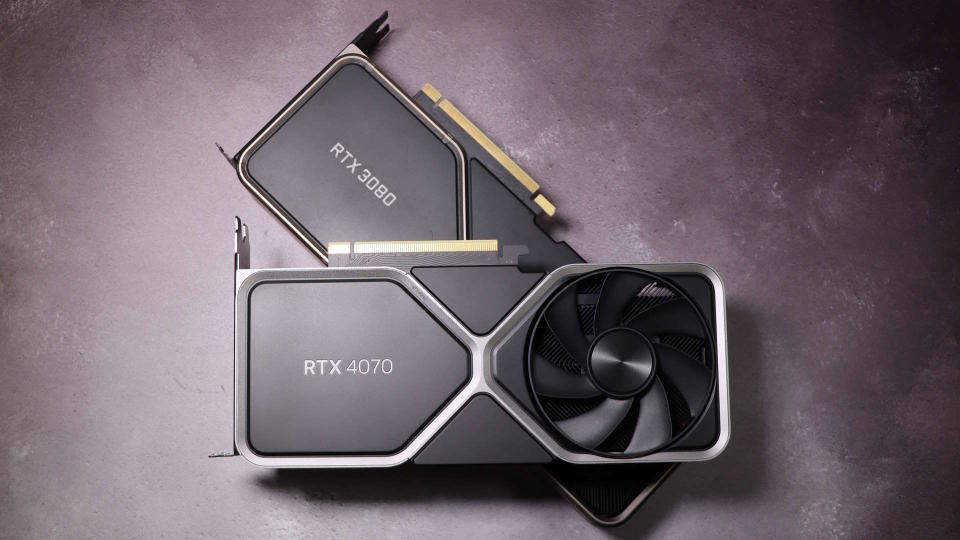'Our long-term objective is to make printing a subscription' says HP CEO gunning for 2024's Worst Person of the Year award

It was only the other day we reported how HP has been slapped with a lawsuit in response to measures that disable its printers when fitted with a third-party ink cartridge. Now the company's CEO, Enrique Lores, says HP wants to "make printing a subscription." Nice. Not.
It's well known that printers are routinely sold at a loss, with the real revenues made from selling replacement ink cartridges. The move to a subscription model, as reported by Ars Technica, is just another attempt at maximising that profit stream.
"This is something we announced a few years ago that our goal was to reduce the number of what we call unprofitable customers. Because every time a customer buys a printer, it's an investment for us. We're investing in that customer, and if this customer doesn’t print enough or doesn’t use our supplies, it’s a bad investment," Lores says, turning "selling at a loss" into a neat "investment" euphemism.
HP's CFO Marie Myers has also expanded on the subscription approach, noting that the company's existing cartridge subscription service, known as Instant Ink, can deliver a "20% uplift on the value of that customer because you're locking that person" in.
In 2023, HP made over $3 billion in profits from its printer business. So, a 20% uplift implies many hundreds of millions of dollars in added profits.
Needless to say, forcing printer users over to a subscription model would likely require that the machines rejected third party cartridges to make any sense. So, it's easy to see how HP's Dynamic Security feature, which rejects non-HP cartridges when implemented, is laying the ground work for a subscription model.
Your next upgrade

Best CPU for gaming: The top chips from Intel and AMD.
Best gaming motherboard: The right boards.
Best graphics card: Your perfect pixel-pusher awaits.
Best SSD for gaming: Get into the game ahead of the rest.
Moreover, any court decision pertaining to existing printers, which are purchased by consumers, probably won't apply to printers that may be supplied for free alongside a subscription contract for the ink, perhaps similar to those associated with mobile phones and network charges.
HP has also previously justified the Dynamic Security feature on the basis of security, claiming that third party cartridges can be infected with viruses. While digital security experts have doubted the veracity of that claim, in any case it doesn't seem consistent with, say, HP allowing USB devices to connect to its laptops, an interface that surely offers more opportunity for viruses and malware to access critical hardware than a printer cartridge.
But hey ho, such is the murky business of inkjet printers. Oh, and one more issue to note. Not all HP printers implement Dynamic Security. However, HP has said those that currently omit the feature may be updated in future. So, buying an HP printer today that is Dynamic Security-free is no guarantee it will stay that way in future.

